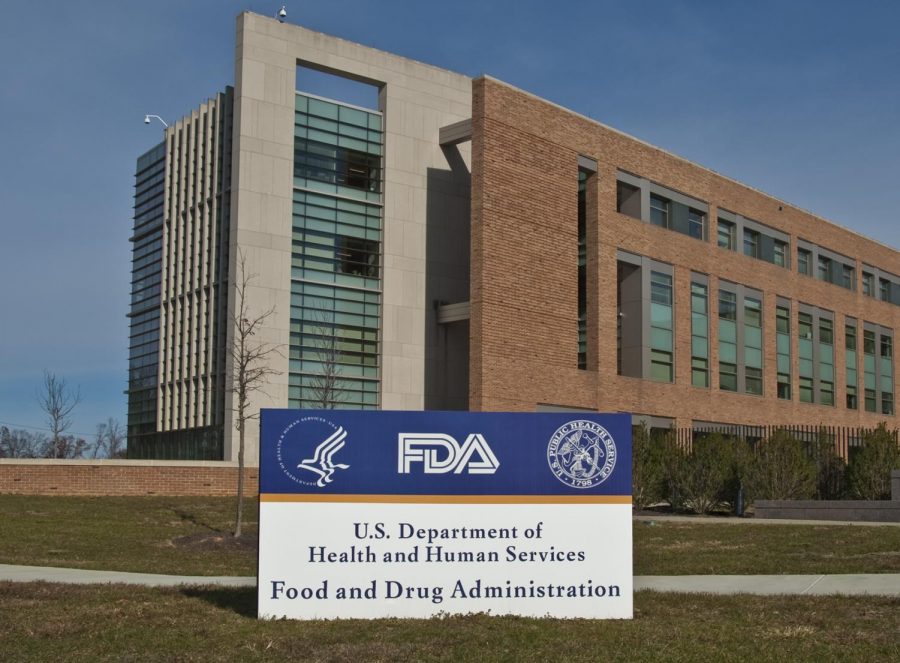Esketamine: A New Treatment for Patients with TRD
April 13, 2019
Recently, the FDA approved an alternative treatment for depression: a ketamine-like medication known as esketamine. This motion could open new doors for treatments of patients who do not respond to other medications as a rapid-acting drug.
Major Depressive Disorder, or MDD, is one of the most common mental disorders in the United States. Up to one-third of individuals with depression have a condition known as TRD, or treatment resistant depression. This situation arises when patients fail to respond to a traditional treatment of antidepressant medications. Generally, dosage increases and changes in medication have been used to respond to TRD in patients with depression.
Ketamine (or ketamine derivatives) have been previously discussed as a fast-acting treatment for depression. A 2014 study found that ketamine was associated with “a significant clinical improvement in depressive symptoms within hours after administration,” in addition to a decrease in suicide ideation.
The approval of Esketamine (delivered as a nasal spray), is an opportunity to use a fast-acting solution that is tightly regulated to comply with safety concerns, as the drug could act similarly to the more potent recreational ketamine for some patients.
Because some researchers remain concerned that esketamine acts similar to opioid drugs, it is required that patients fail to respond to more than one antidepressant before esketamine is administered. In addition, side effects such as dizziness and lethargy mean that recipients of the drug can’t get behind the wheel until they’ve had a full night of sleep. Regardless, the drug could be a promising new option for individuals with TRD.



